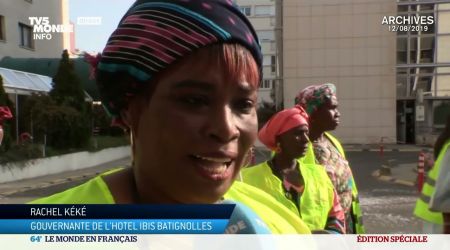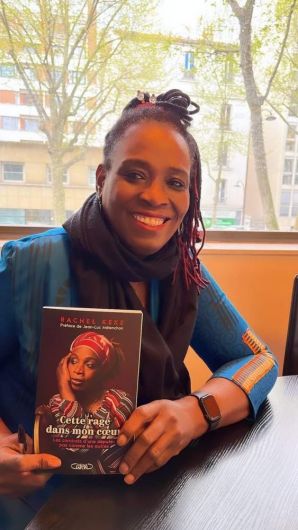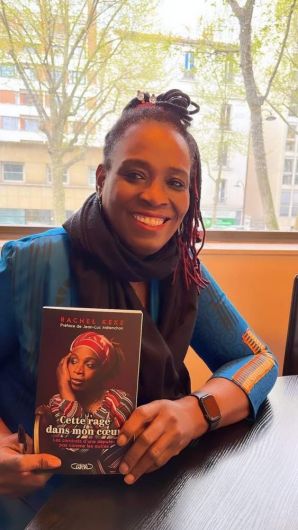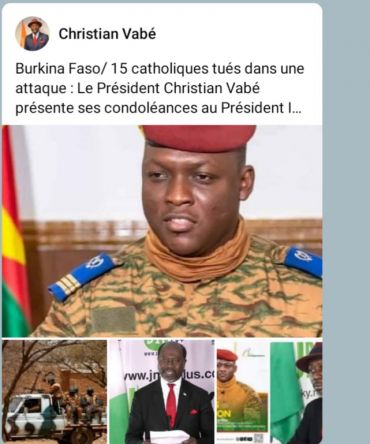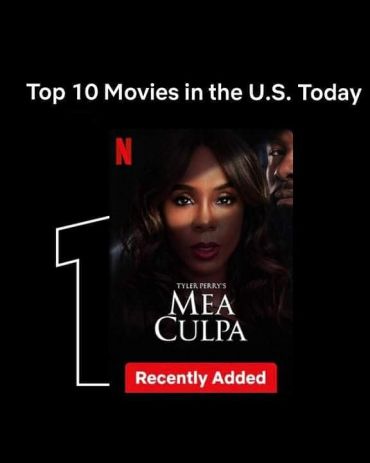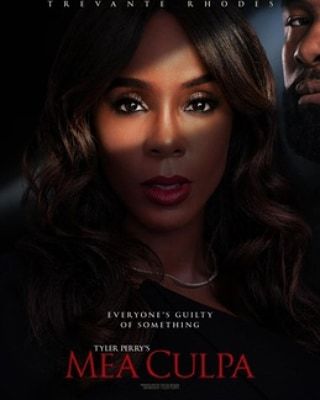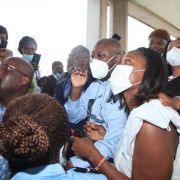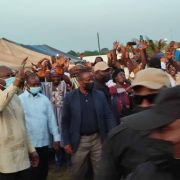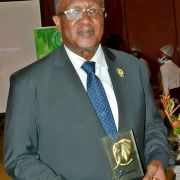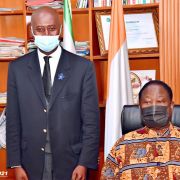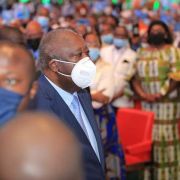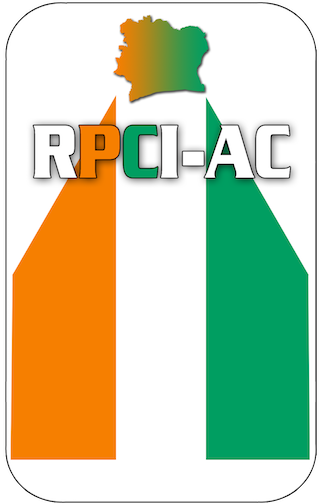"PACKAGING POLITICAL PROPAGANDA"(2ND PART):"FOCUS ON ELECTION COMMUNICATION NOWADAYS"!
Le 27 septembre 2012 par IVOIREBUSINESS - FIRST AND FOREMOST, Election communication should continue to be focus of research among scholars in the field. All aspects of campaign
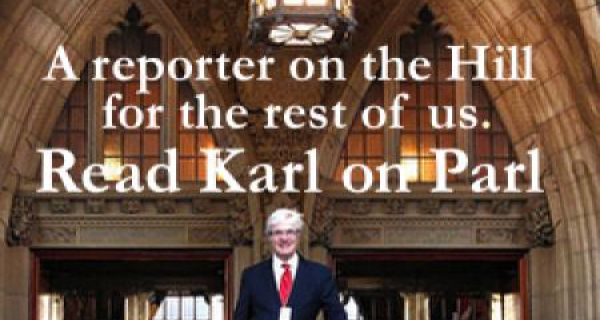
Le 27 septembre 2012 par IVOIREBUSINESS - FIRST AND FOREMOST, Election communication should continue to be focus of research among scholars in the field. All aspects of campaign
communication should ideally be studied, not only communication from political parties/candidates to voters, but also the communication among voters about key political actors. The aim should be, as one scholar wrote in a review of current research, to study "the total communication environment of an election campaign ("REF": Jhonson, 1990:329). Few issues are more important in a democracy than those dealing with elections, campaigns, and the orderly transfer of power from one government to another. Political communication is at the heart of that process, and scholars who ignore it do so at their peril (for some recent contributions, "Ref": see Grewe and Goss Schalk, 1995, KAvanagh, 1995).Indeed, the health of a nation's democracy may be directly linked to the quality of its processes of communication...
SECONDLY, while maintaining a focus on the political campaign, scholars should not forget or neglect other important areas of research such as the interaction between politics and news, political rhetoric, political attitudes and behavior and the power of political myths and symbols. Further, they should examine these areas using a multitude of different theories and methods, qualitive as well as quantitative ones (cf Nimmo and sanders-*1981)
THIRDLY, Communication scholars should pay much more attention to the comparative aspects of political communication research. If the field is to expand and mature even further, it clearly needs a larger dose of comparative analysis.
The arguments for such a position have been repeatedly stated in the past, for example by the tireless team of "Michael Gurevitch and JAY BLUMLER". They view comparative analysis as indispensable, because without it certain important political communication questions will simply not be addressed. While acknowledging that comparative research efforts pose "exceptional difficulties of conceptualizations, implementation, and sheer practicalities of field-work organization and collaboration, they correctly argue that if well done such work may produce both rewarding and illuminating results.
"TOday as far as political communication is concerned, two different fields seem to be on the pinacle:"Media training" and "Media training" are the backbone of that prominent issue of political communication during election campaign in the new millennium.
(Yves T BOUAZO)(the conclusion is from the staff-"sources":the study of political communication" from "Erik Asard").

